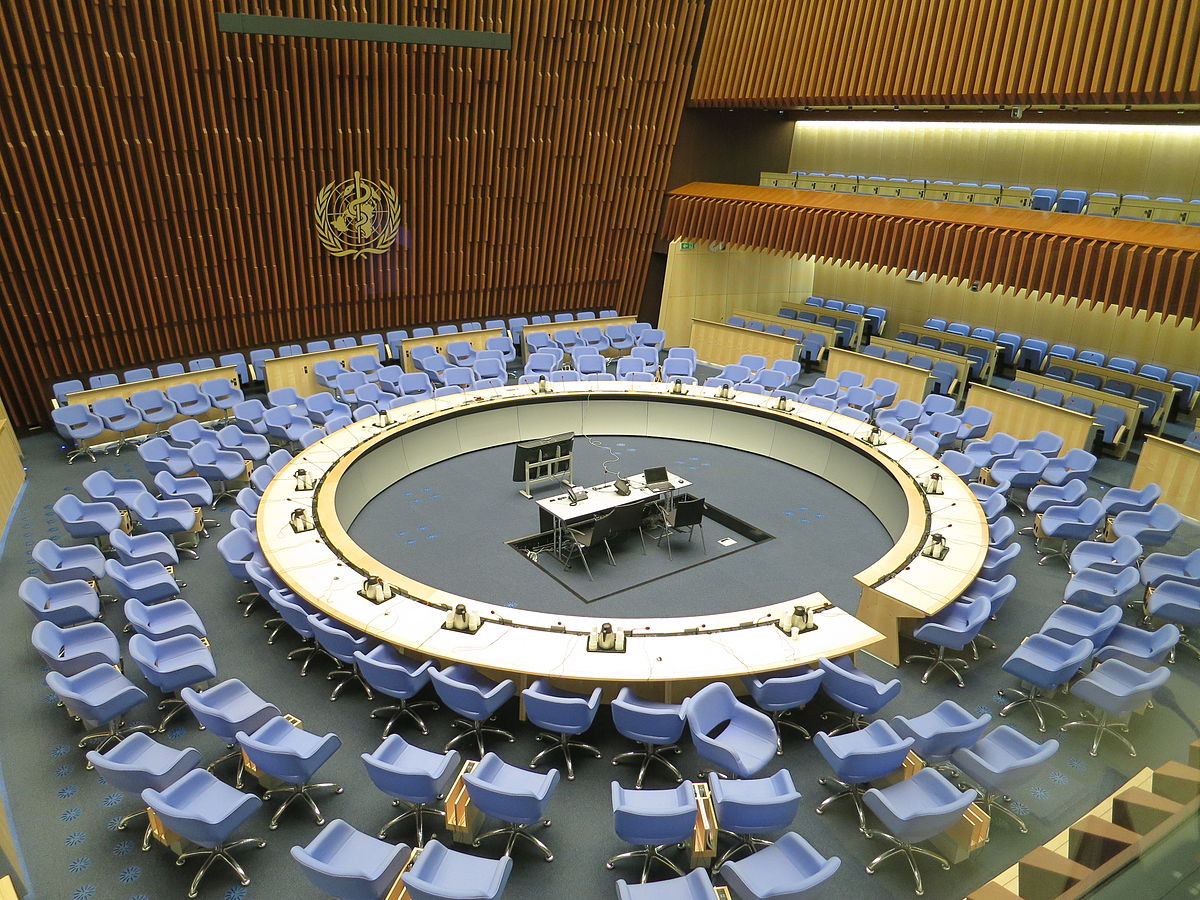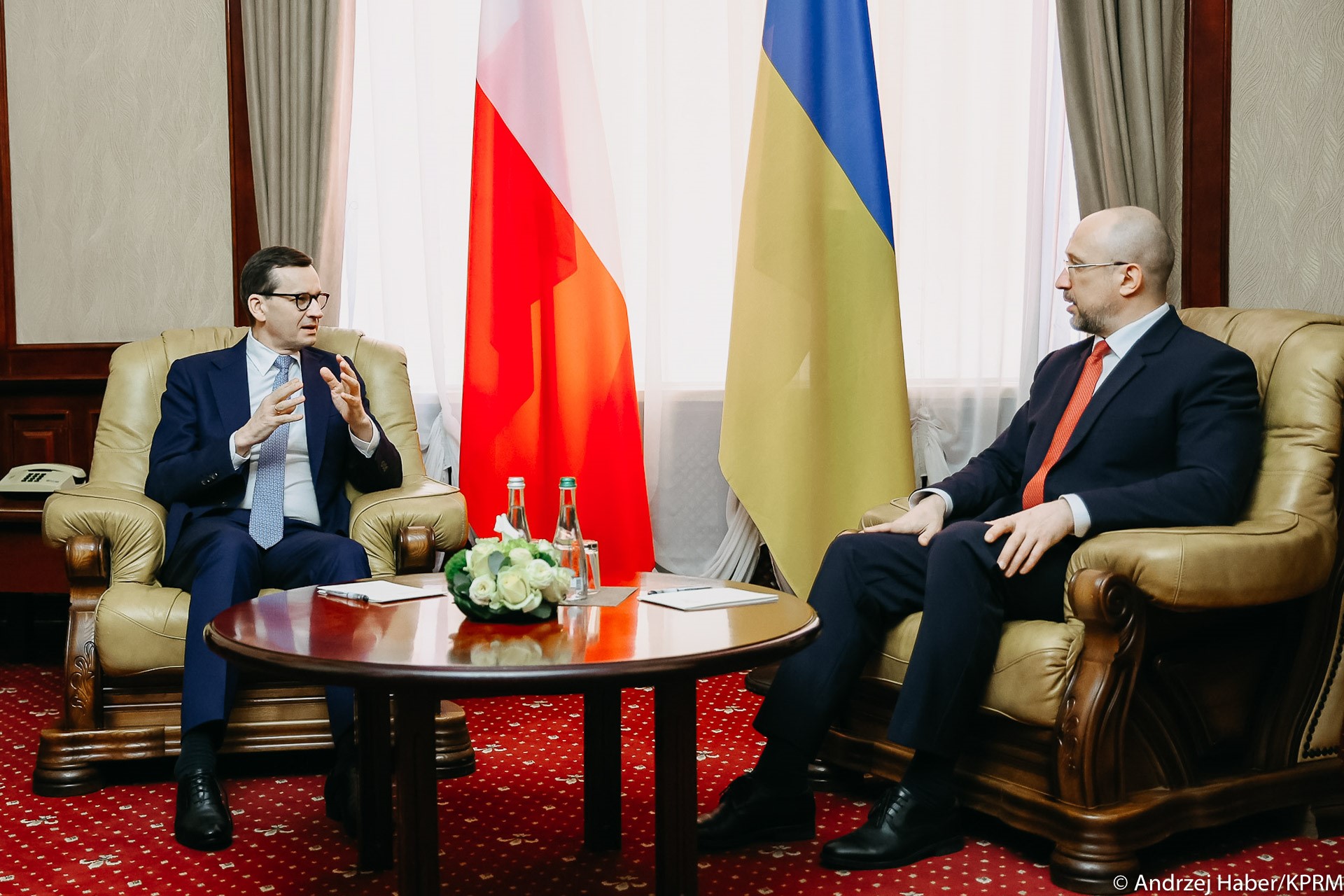Heading towards global tyranny: censorship is always the starting point (Part 2)

Ryszard Gromadzki is speaking with advocate Jerzy Kwaśniewski, President of the Ordo Iuris Institute for Legal Culture
(…)
RYSZARD GROMADZKI: The WHO’s positions on the reliability of PCR tests and the effectiveness of masks turned out to be equally insensible.
JERZY KWAŚNIEWSKI: Yes. It was this differentiated approach that allowed the WHO recommendations to be verified and often to correct errors related to the pursuit of global governance by the WHO. The second important factor enabling the development of adequate methods of fighting the disease was the free flow of information and the possibility, although often limited in social or public media, to criticize the solutions prompted by WHO experts. It can be seen, however, that WHO has learned its lesson, because in the documents related to the “pandemic treaty” we see, on the one hand, unification, and thus the announcement of measures to discipline states by WHO, and on the other hand – that the treaty is to counteract disinformation. This i san announcement of the restriction of freedom of speech.
This trend has recently been followed by the Polish minister of health, who warned at the United Nations against the “infodemic”, for which those who are anti-vaccine are allegedly responsible…
This is fully in line with what has been written into the treaty for the first time since November 2020, when Charles Michel, President of the European Council, first spoke of a “pandemic treaty”. The purpose of the treaty is to counteract disinformation on health issues. This means a further restriction of the free flow of information, which in itself has one goal in all democratic countries of the world: to enable the pursuit of the truth.
So, are we still dealing with global governance or with a global government already?
These terms are often treated synonymously. The pursuit of “global governance” is quite obvious. From the point of view of the doctrine of international law, this does not raise any doubts today. This model is criticized by experts due to its ineffectiveness. Besides, the process of “global governance” does not assume that there should be a single world government, as warned by the authors of modern international law, such as Lassa Oppenheim. This means, however, that a very scattered structure is emerging, governing states in very different areas: in international trade relations, in human rights, and health policy, which, in a sense, are extorting a part of their sovereignty from national states, covering the sphere of the constitutional tradition which belonged to national governments. The consequences of this process must be dire, because states are, in a sense, incapacitated, doomed to fill the vacuum of real power – to post-politics. For if the governments of nation-states are deprived of the possibility to decide on all issues crucial for the existence of the state, for the life of the nation, they are left with marginal issues, placeholders, purely narrative-related topics. In key issues, the role of national governments will be limited solely to implementing decisions imposed on them by global structures.
Unless the societies say “no” and, like the Canadians, they set off on another “freedom convoy”…
Ronald Dworkin, who wrote about the birth of “global government”, saw that “global government” cannot arise until there is “global society”. Meanwhile, the road to “global society”, if at all possible, is certainly very long. As long as the identity of states is tied to the nation, their authority cannot be transferred to the supranational level. This is a diagnosis of the liberal guru Ronald Dworkin, overlooked by unification ideologists who, in line with the spirit of neo-Marxism, see the concept of central management and discredited Marxist scientific worldview as a solution for the pathologies of social life. It is clearly visible that this trend is lined with distrust towards democracy and individual freedom. Indeed, the implementation of a global policy consistent with it will require coercion and censorship. In order to protect oneself against this threat, firstly, these processes must be revealed, because it arouses natural social resistance. For the time being, it is still possible to protect nation-states through the process of voting and blocking the further transfer of sovereign powers to international organizations. Secondly, you have to take care of the freedom of speech, because we can clearly see that, as in every totalitarian system, also this international totalism carries out an attack on freedom of speech and information. This attack also targets the freedom of scientific research and the publication of its results. We know from history that is the blocking of the free flow of information that finally enables complete centralization.
This article was published in March 2022 in “Do Rzeczy” magazine.



